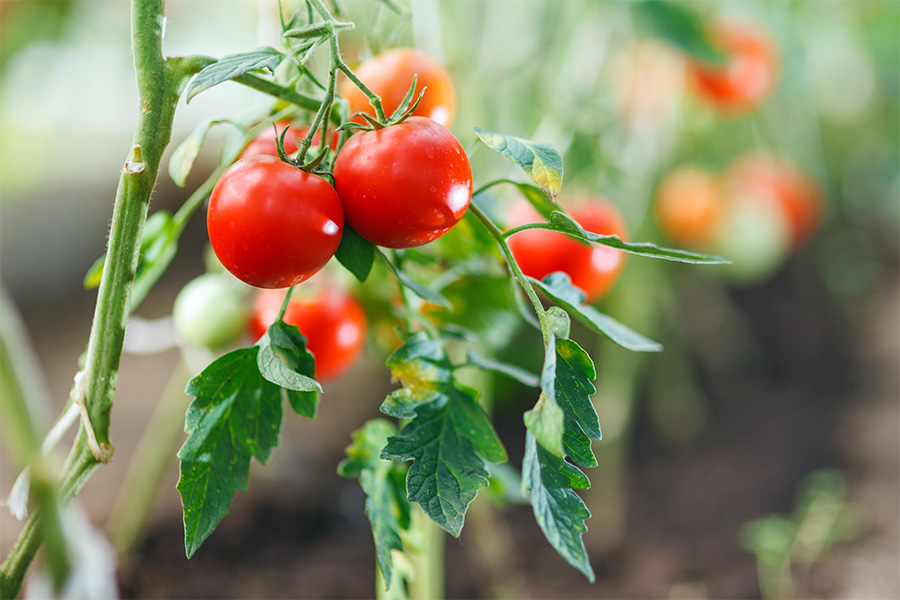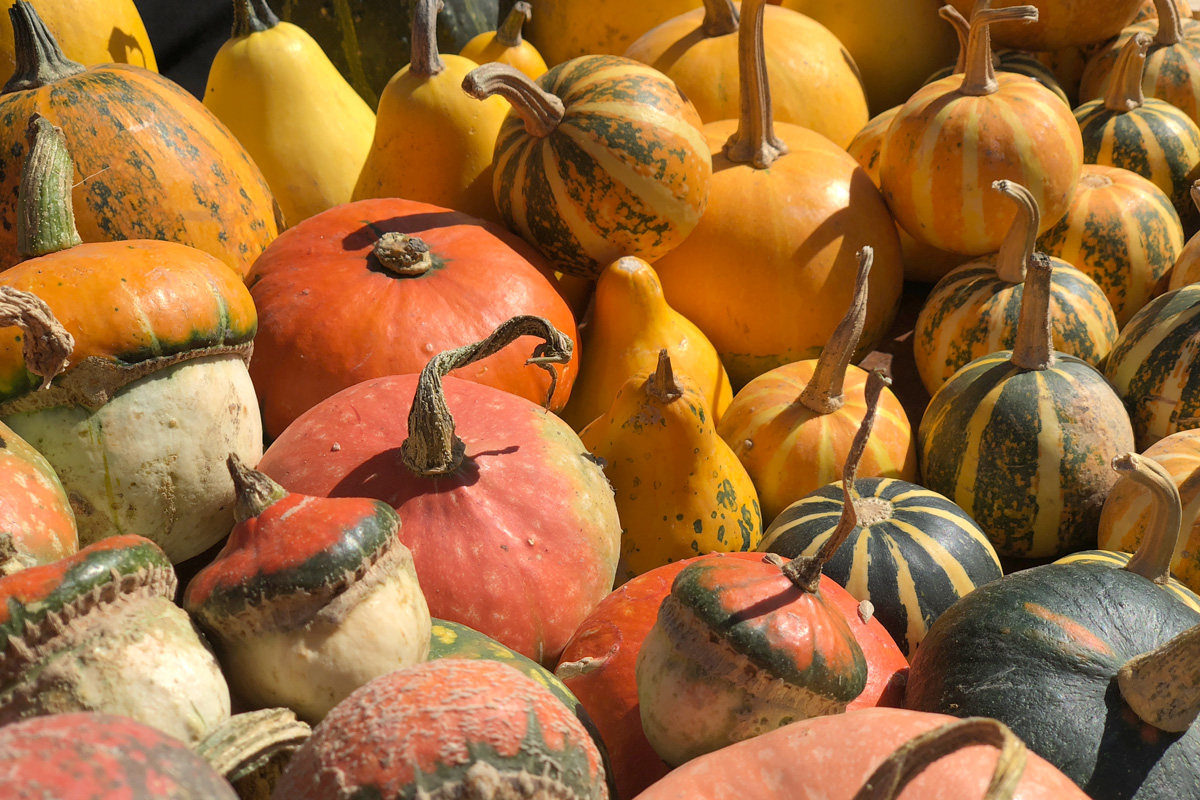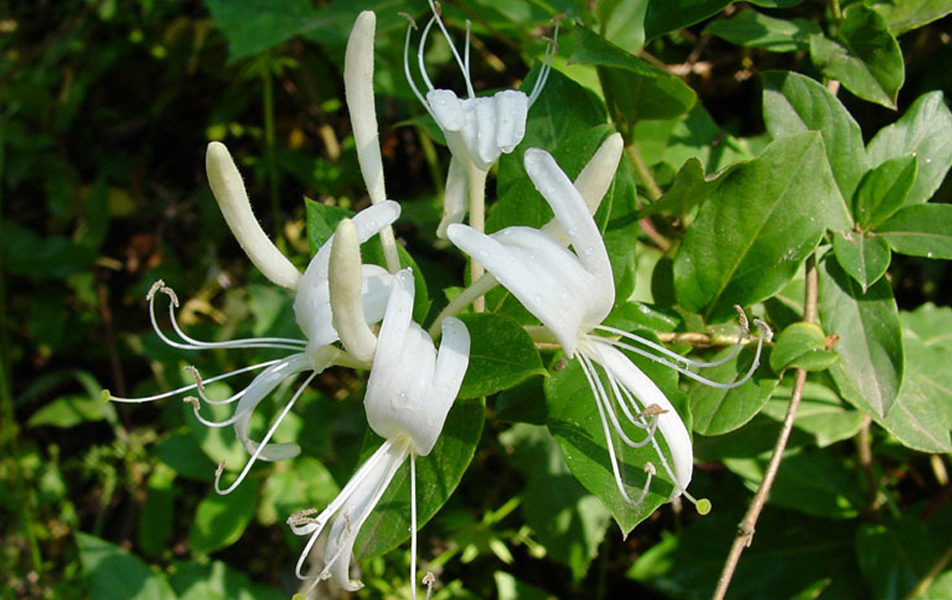Horticulture
-

B 1271
Georgia Homegrown Tomatoes
This publication discusses the basics of growing tomatoes successfully, as well as avoiding common problems encountered by the home gardener.
Bob Westerfield
|
-

Georgia growers can reliably produce lettuce in shaded high tunnels to capitalize on summer markets. This publication is an overview of using shading to grow lettuce in a high tunnel during the summer season when it is too hot to grow in the field.
Juan Carlos Diaz-Perez and Timothy Coolong
|
-

Learn all about growing squash, a nutritious, high-fiber vegetable rich in vitamins A and C. Squash are not difficult to grow, and this resource gives you information on type selection, planting, harvesting, and storage, along with tips on how to deal with insect and disease problems you may encounter.
Bob Westerfield and Malgorzata Florkowska
|
-

C 1232
Homegrown Carrots
Homegrown carrots have a unique freshness and juiciness to them and are much more flavorful than their store-purchased counterparts. This publication covers the basics of how to select and grow carrots in the Georgia garden, including planting, maintenance, problems, and variety selections.
Bob Westerfield
|
-

New ornamentals have long been considered the lifeblood of the green industry. This publication contains recommendations for best-performing new annuals based on research conducted at the Trial Gardens at the University of Georgia, showcasing the plants that were awarded Classic City Awards in 2020.
John M. Ruter, Bodie V. Pennisi, and Brandon C Coker
|
-

While most of us are familiar with common poisonous plants that cause dermatitis (skin irritations) such as poison ivy or poison oak, we fail to recognize common ornamental plants in the landscape that may cause internal poisoning when ingested. Although most adults would not intentionally eat the leaves or fruit of ornamental plants in the landscape, young children or pets sometimes do. This resource provides readers with information on some of the common landscape plants known to have poisonous properties when ingested. You may be surprised to learn just how many of our common plants, such as azaleas, hydrangeas, boxwood, and English ivy, are known to have poisonous properties.
Bob Westerfield
|
-

To increase productivity, it’s important that growers select sweet corn cultivars adapted to particular growing conditions. The goal of this report is to provide growers, crop advisers, county educators, Extension agents, and specialists with a broad evaluation of different commercial sweet corn hybrids and their performance in different locations of the Southeast U.S.
D. Scott Carlson, Christopher Todd Tyson, Brian Hayes, Andre Luiz Biscaia Ribeiro da Silva, and Jessica Paranhos
|
-

This report provides research and extension results for trials conducted by the University of Georgia Vegetable Team and its collaborators in 2020. Contributing authors include county and regional faculty as well as specialists from UGA’s horticulture, plant pathology, crop and soil sciences, and entomology departments.
Juan Carlos Diaz-Perez, Timothy Coolong, Bhabesh Dutta, Andre Luiz Biscaia Ribeiro da Silva, and Abolfazl Hajihassani
|
-

This annual publication includes a report of 2019-20 onion research variety trials and Extension activity at the University of Georgia College of Agricultural and Environmental Sciences. The report contains the results of research awarded by the Vidalia Onion Commodity Commission.
Juan Carlos Diaz-Perez, Jason Lessl, Bhabesh Dutta, Andre Luiz Biscaia Ribeiro da Silva, and Angelos Deltsidis
|